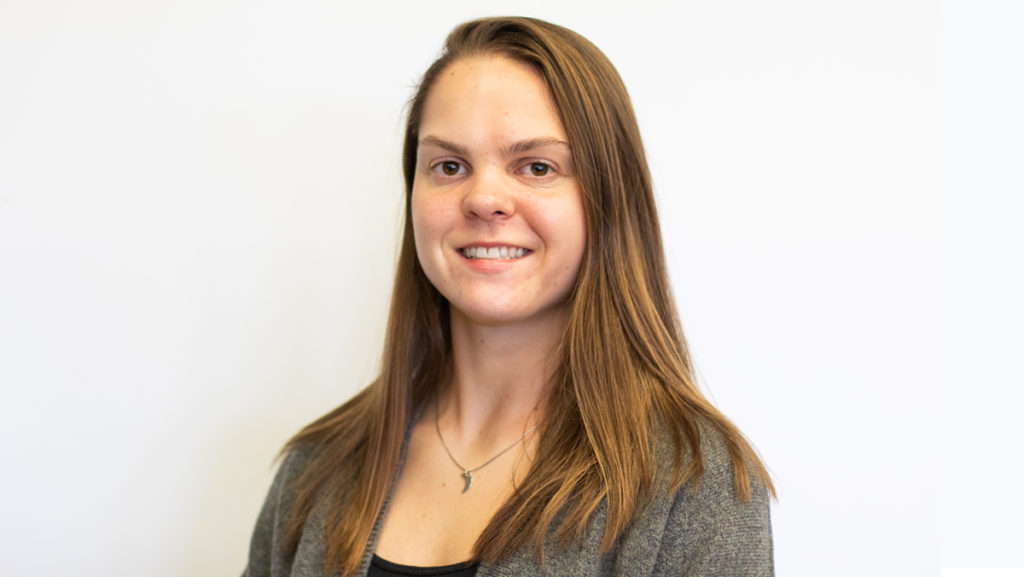The fires in Australia this year have undeniably renewed our sense of urgency in our address of climate change. Our own world is closing in on us, forcing an existential reckoning with how we treat and understand the planet. And while people in positions of greater power obviously hold more responsibility in the matter, I want to suggest that the climate crisis is an opportunity to reunderstand our own relationship to our planet and, by extension, each other. Our societies are like ecosystems. We are not really independent agents. Instead, we are a function of a greater whole, and we only exist in the context of our communities.
It was human behavior that produced the climate crisis in the first place. Inefficient means of energy production, oversized carbon footprints and the capitalistic incentive to value luxury over sustainability have landed us here. This behavior relies on the hidden assumption that our human societies are somehow separate from the planet, as if we can just exchange this one for another once we have ruined it.
This assumption of separation is at work within our societies as well. We tend to think that our lives, including our careers and behaviors, are up to us. This is especially true in our own country. In the global imagination, America is predicated on this very assumption of freedom. The implication is, if you work hard enough, you can be successful no matter where or how you grew up.
Yet, over and over again, statistics about class mobility have shown this implication just isn’t true. In fact, something as simple as your zip code can predict your future success.
In reality, our decisions are often the result of external pressures that are outside our control, like responsibility to family, health concerns, social expectations or structural inequalities. In other words, we do not independently determine our own fates. Instead, they are bound up in the giant societal ecosystem within systems that support and rely on one another.
Thinking more honestly about our place as a society in the world and about your place as a person in this society will produce more productive strategies for addressing the societal and global problems we’re facing today. Essentially, misunderstanding a problem will yield faulty solutions, so reunderstanding the problem will lead to better solutions.
Just as we have operated under a myth of independence within society, we have extended a similar myth to our planet. But as water levels rise and begin to submerge cities and as fires rage and destroy biomes, the truth of our interdependent relationship with nature has become unavoidable. To ensure our own continued existence at the basic existential level, we need to admit that dependence and rebuild cities that coexist with rather than destroy the natural world.
As we change the way we relate to our planet to be more honest, I think it is worth making the same change in the way we relate to the people in our immediate communities and in the global community. If we recognize the ways social inequalities limit our freedom and acknowledge all of our fates are interrelated, we will feel encouraged to work together to pursue common interests rather than working for independent gain.
In an ecosystem, every living and nonliving organism plays its part and depends on the rest of the system. On our planet, nature and society affect and rely on each other. And in societies, we act far more often on outside pressures than on independent will. The sooner we can come to terms with our dependence on others, as well as our planet, the sooner we can progress toward a more sustainable and equitable future.




